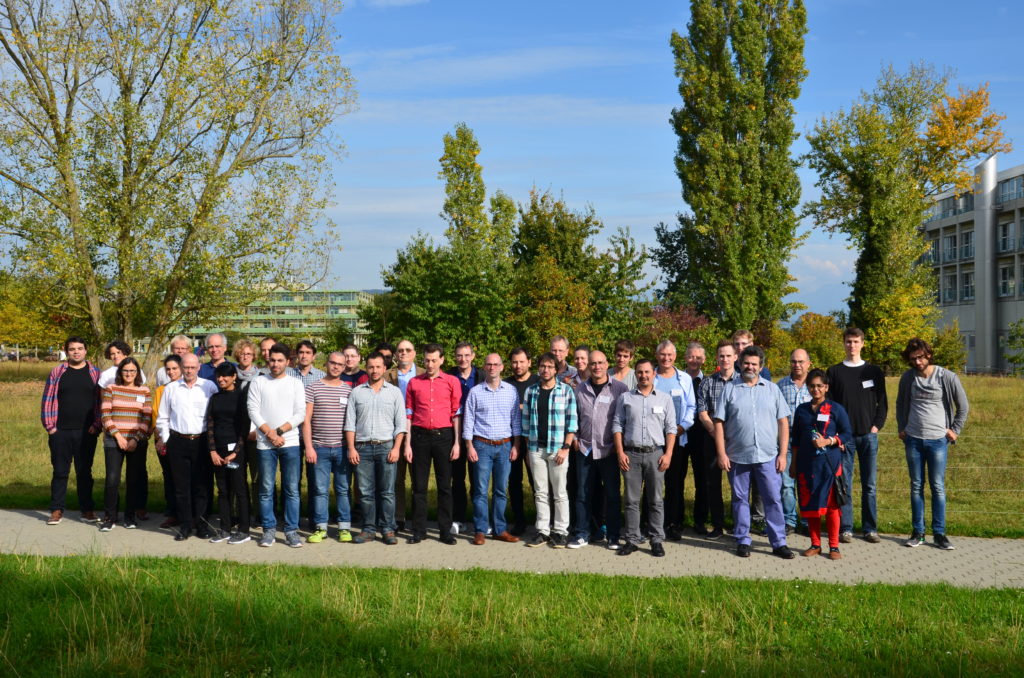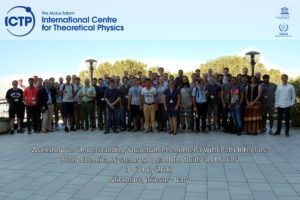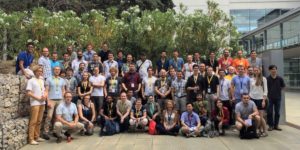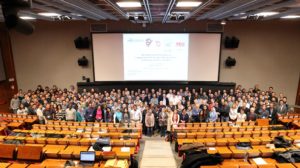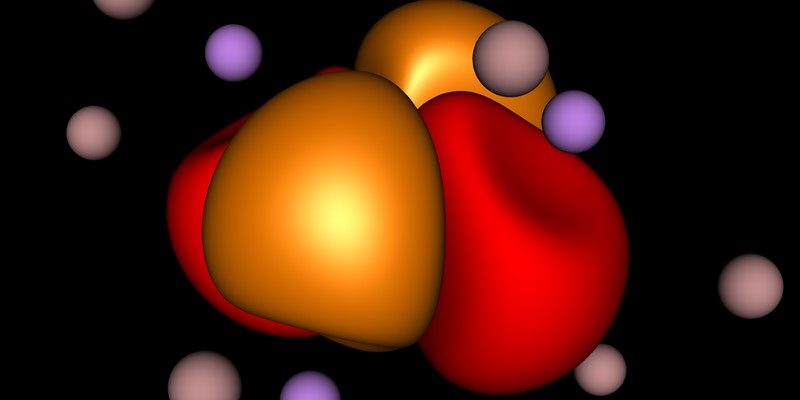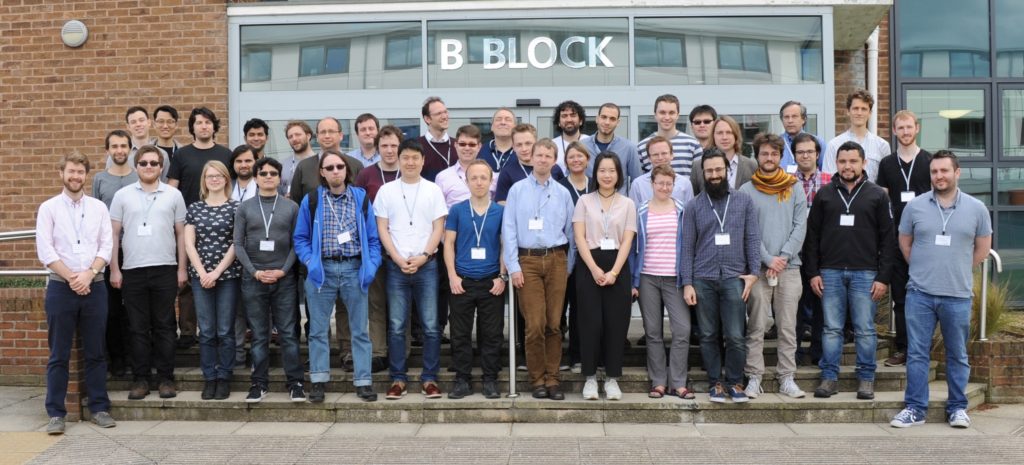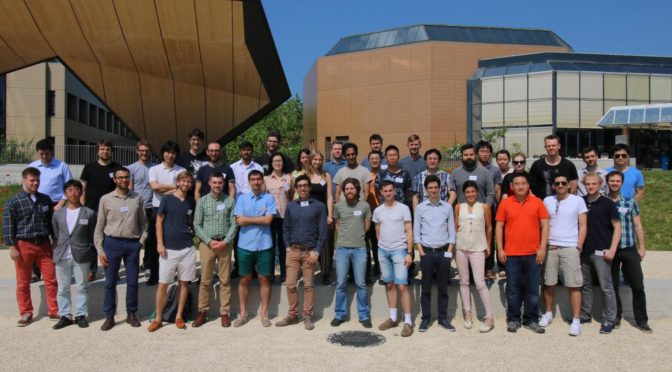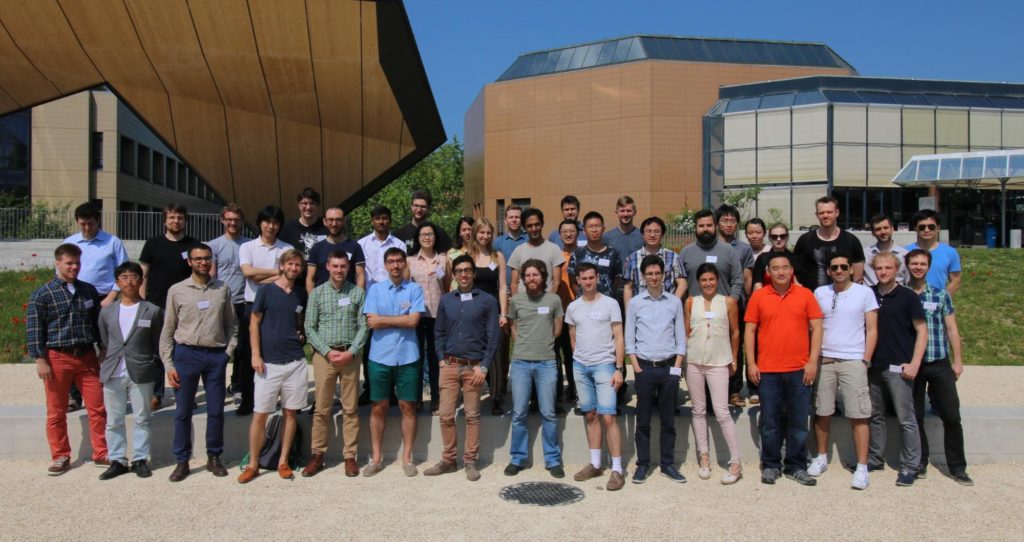“For research excellence in all fields involving electronic structure calculations”
Young computational science researchers are invited to put themselves forward for the Psi-k Volker Heine Young Investigator Award 2018. The finalists will compete at a special session of the joint EPS Condensed Matter Division and German Physical Society (CMD/DPG) Spring Meeting in Berlin, during March 11-16, 2018.
The Volker Heine Award session will be part of the Symposium:
Frontiers of Electronic Structure Theory: Correlated Electron Materials
Purpose: The purpose of the Psi-k Volker Heine Young Investigator Award is to recognize an individual for her or his outstanding computational work in any type of condensed-matter, materials, or nanoscience research involving electronic structure calculations. In 2018 there will be one award of 2500 Euro and four runner-up prizes of 500 Euro each. The prize is sponsored by npj Computational Materials.
Regulations and Procedure:
1) Applicants may be of any nationality working anywhere in the world.
2) The applicant’s PhD certificate must not be dated more than 5 years before the first day of the joint CMD/DPG – EPS Conference (March 11, 2018). Those who have not yet completed a PhD can also apply.
3) Young investigators who wish to compete for the Psi-k Volker Heine Young Investigator Award 2018 must submit:
- abstract (in the format of the abstracts for the conference)
- two-page description making the case for her/his outstanding scientific contribution
- extended CV (incl. list of publications and talks/posters)
- evidence of satisfying the conditions of regulation (2) above.
These items must be submitted by email, as a pdf attachment, to the chairperson of Psi-k whose address is given below. It must be received not later than December 1, 2017. The abstract must also be submitted as a regular contribution to the CMD/DPG Conference.
4) The candidate must arrange for two confidential support letters to be sent directly by to the Psi-k chairperson (see below). These letters (sent by email) need to be received before December 1, 2017. One of the letters must certify that the candidate meets the requirements of regulations (2) above.
5) The Psi-k Trustees will select five finalists who will get an invitation to present their work at the CMD/DPG Conference (25 min. talk + 5 min. discussion). After these presentations, the award committee will select the award winner.
6) The award winner will receive her or his award of 2500 Euro and the four runner-up their prizes of 500 Euro each, together with a certificate, at a presentation on the Psi-k Scientific Get-Together during the conference.
Award Committee: The award committee will consist of selected invited speakers of the CMD/DPG Conference and three members of the Psi-k Trustees.
Risto Nieminen
Psi-k Chairman
[email protected]

